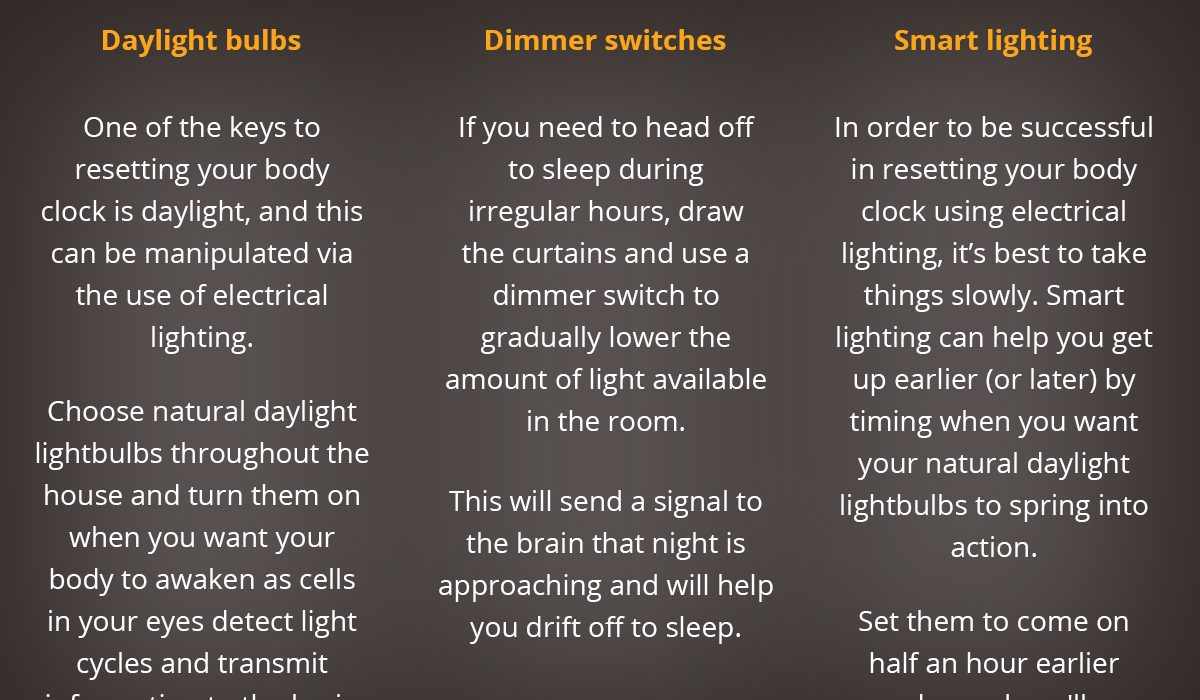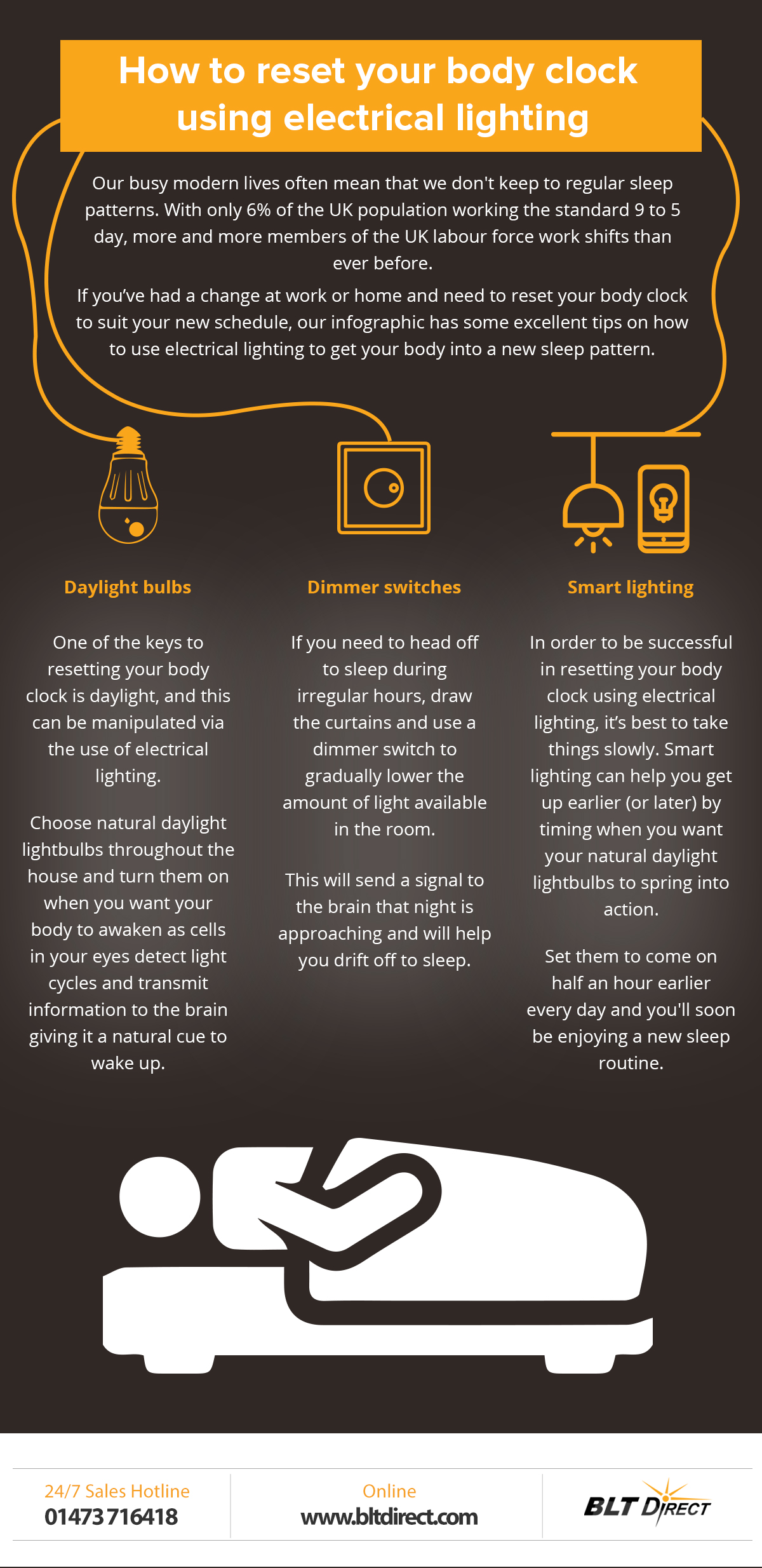If you find yourself tossing and turning in bed, struggling to fall asleep at the right time, it may be time to reset your internal clock for a new sleep schedule. Our bodies have a natural rhythm, known as the circadian rhythm, that regulates our sleep-wake cycle. However, factors like jet lag, shift work, or simply wanting to change your sleep routine can disrupt this delicate balance. But fear not, because in this article, we’ll explore effective strategies on how to reset your internal clock and get your sleep schedule back on track.
One of the key ways to reset your internal clock is by establishing a consistent sleep schedule. Going to bed and waking up at the same time every day, even on weekends, helps regulate your body’s internal clock. This consistency allows your body to anticipate when it’s time to wind down and when it’s time to rise and shine. Additionally, expose yourself to bright light in the morning and avoid bright lights in the evening. This helps to regulate melatonin production, a hormone that promotes sleep. By incorporating these habits into your daily routine, you can gradually shift your internal clock and establish a new sleep schedule that works for you. So, let’s dive into the details and discover how you can reset your internal clock and get the quality sleep you deserve.
How to Reset Your Internal Clock for a New Sleep Schedule
- Establish a consistent bedtime and wake-up time, even on weekends.
- Avoid exposure to bright lights, especially in the evening.
- Create a relaxing bedtime routine to signal your body that it’s time to sleep.
- Avoid caffeine and alcohol close to bedtime.
- Expose yourself to natural light in the morning to help regulate your internal clock.
- Exercise regularly, but not too close to bedtime.
- Avoid napping during the day, especially if it affects your nighttime sleep.
- Consider using relaxation techniques, such as deep breathing or meditation, to calm your mind before bed.
How to Reset Your Internal Clock for a New Sleep Schedule
Are you struggling with a disrupted sleep schedule and finding it difficult to adjust to a new routine? Resetting your internal clock is essential for maintaining a healthy sleep schedule and overall well-being. Whether you’re dealing with jet lag, shift work, or simply want to establish a consistent sleep pattern, there are several strategies you can implement to reset your internal clock and get back on track. In this article, we will explore effective techniques that will help you reset your internal clock and improve your sleep quality.
Understanding Your Internal Clock
Your internal clock, also known as the circadian rhythm, is a natural biological process that regulates your sleep-wake cycle. It operates on a roughly 24-hour cycle and is influenced by external factors such as light and darkness. When your internal clock is disrupted, it can lead to issues like insomnia, daytime sleepiness, and difficulty adjusting to new sleep schedules.
To reset your internal clock, it’s important to understand how it functions and what factors can influence it. The main regulator of your internal clock is light, particularly natural light. Exposing yourself to natural light in the morning and avoiding bright lights in the evening can help synchronize your internal clock with the external environment.
The Importance of Consistency
Consistency is key when it comes to resetting your internal clock. Establishing a regular sleep schedule can help regulate your internal clock and improve the quality of your sleep. Aim to go to bed and wake up at the same time every day, even on weekends. This consistency sends a signal to your body that it’s time to sleep or wake up, making it easier to fall asleep and wake up naturally.
Creating a sleep-friendly environment is also crucial for resetting your internal clock. Make sure your bedroom is cool, dark, and quiet. Consider using blackout curtains or an eye mask to block out any light that may disrupt your sleep. Additionally, remove any distractions such as electronic devices that emit blue light, which can interfere with your internal clock.
Strategies to Reset Your Internal Clock
Now that you understand the importance of your internal clock and consistency, let’s explore some effective strategies to reset it:
1. Gradually Adjust Your Sleep Schedule
If you need to shift your sleep schedule, it’s best to do it gradually. Start by adjusting your bedtime and wake-up time by 15-30 minutes each day. This incremental change allows your body to adapt slowly without causing major disruptions to your sleep pattern. Stick to the new schedule consistently until your internal clock adjusts.
2. Manage Exposure to Light
Light exposure plays a significant role in regulating your internal clock. To reset your internal clock, aim to expose yourself to bright natural light in the morning. Open your curtains or go outside for a walk to soak up the sunlight. In the evening, avoid bright screens and dim the lights to signal to your body that it’s time to wind down and prepare for sleep.
3. Practice Relaxation Techniques
Engaging in relaxation techniques before bedtime can help signal to your body that it’s time to sleep. Try incorporating activities such as deep breathing exercises, meditation, or gentle stretching into your nighttime routine. These practices can help calm your mind and relax your body, making it easier to fall asleep and reset your internal clock.
4. Limit Napping
Napping can disrupt your internal clock, especially if you’re trying to reset your sleep schedule. If you need to nap, keep it short (around 20-30 minutes) and avoid napping too close to your bedtime. This will prevent you from feeling overly refreshed and make it easier to fall asleep at your desired time.
5. Avoid Stimulants
Stimulants such as caffeine and nicotine can interfere with your internal clock and disrupt your sleep. Limit your consumption of these substances, particularly in the afternoon and evening. Opt for decaffeinated beverages or herbal teas instead to support a healthy sleep schedule.
6. Establish a Bedtime Routine
A consistent bedtime routine can help signal to your body that it’s time to sleep. Engage in relaxing activities before bed, such as reading a book, taking a warm bath, or listening to calming music. Establishing a routine will train your brain to associate these activities with sleep, making it easier to reset your internal clock.
The Benefits of Resetting Your Internal Clock
Resetting your internal clock can have numerous benefits for your overall well-being. By aligning your sleep schedule with your circadian rhythm, you can experience:
- Improved sleep quality
- Increased daytime alertness
- Enhanced mood and productivity
- Reduced risk of sleep disorders
- Improved overall health and immune function
By following the strategies outlined in this article, you can reset your internal clock and establish a healthy sleep schedule that promotes optimal well-being.
Conclusion
Resetting your internal clock for a new sleep schedule is achievable with consistency, proper light exposure, and healthy sleep habits. By understanding the importance of your internal clock and implementing the strategies mentioned in this article, you can improve your sleep quality and overall well-being. Remember, it may take time for your body to adjust, so be patient and stick to your new sleep routine. Sleep well!
Key Takeaways: How to Reset Your Internal Clock for a New Sleep Schedule
2. Avoid screens and bright lights before bed to promote the release of melatonin, the hormone that helps regulate sleep.
3. Create a relaxing bedtime routine, such as reading a book or taking a warm bath, to signal to your body that it’s time to sleep.
4. Get regular exercise during the day to promote better sleep at night.
5. Limit caffeine and alcohol intake, as they can disrupt your sleep patterns.
Frequently Asked Questions
1. How can I reset my internal clock for a new sleep schedule?
Resetting your internal clock for a new sleep schedule can be challenging, but with the right techniques, it’s definitely possible. Here are a few tips to help you get started:
Firstly, establish a consistent sleep routine by going to bed and waking up at the same time every day, even on weekends. This will help regulate your body’s internal clock and promote better sleep quality. Secondly, create a relaxing bedtime routine that includes activities such as reading a book, taking a warm bath, or practicing relaxation techniques like deep breathing or meditation. These activities will signal to your body that it’s time to wind down and prepare for sleep.
2. Is it necessary to avoid caffeine and electronic devices before bedtime?
Absolutely! Caffeine is a stimulant that can interfere with your ability to fall asleep and stay asleep. It’s best to avoid consuming any caffeinated beverages or foods at least six hours before bedtime. Additionally, electronic devices emit blue light, which can suppress the production of melatonin, a hormone that helps regulate sleep. To reset your internal clock, it’s important to limit your exposure to electronic devices, such as smartphones and tablets, at least an hour before bed. Instead, engage in relaxing activities or read a book to prepare your mind and body for sleep.
3. Can exercise help reset my internal clock?
Yes, exercise can be beneficial in resetting your internal clock. Engaging in regular physical activity during the day can help regulate your sleep-wake cycle. However, it’s important to time your workouts appropriately. Exercising too close to bedtime can actually make it harder to fall asleep. Aim to finish your workout at least a few hours before bed to allow your body temperature and heart rate to return to normal. This will help promote a state of relaxation and make it easier to fall asleep when bedtime arrives.
4. Are there any natural supplements that can aid in resetting my internal clock?
While there are natural supplements available that claim to help with sleep and resetting your internal clock, it’s important to approach them with caution. It’s always best to consult with a healthcare professional before starting any new supplements. Some commonly used supplements for sleep include melatonin, valerian root, and chamomile. However, their effectiveness may vary from person to person, and they may also have potential side effects or interactions with other medications. It’s important to discuss your options with a healthcare professional to determine the best course of action for you.
5. How long does it take to reset your internal clock?
The time it takes to reset your internal clock can vary from person to person. Generally, it can take anywhere from a few days to a couple of weeks to adjust to a new sleep schedule and reset your internal clock. Consistency is key during this process. Stick to your new sleep schedule, even on weekends, to help regulate your body’s internal clock more effectively. It’s normal to experience some initial difficulty falling asleep or waking up at the desired times, but with time and persistence, your body will adapt to the new schedule.
How To Fix Your Sleep Schedule – Reset Your Sleep Pattern (animated)
Final Summary: Resetting Your Internal Clock for a New Sleep Schedule
So, you’ve learned all about the importance of sleep and the impact it has on your overall well-being. You’ve also discovered some fantastic tips and tricks on how to reset your internal clock for a new sleep schedule. Now, it’s time to wrap it all up and summarize everything you’ve learned.
In conclusion, resetting your internal clock is not an overnight process. It requires consistency, dedication, and a little bit of patience. By following the strategies outlined in this article, such as establishing a regular sleep routine, avoiding stimulants before bed, creating a comfortable sleep environment, and incorporating relaxation techniques, you can gradually shift your internal clock and achieve a healthier sleep schedule.
Remember, the key is to listen to your body and give it the time and space it needs to adjust. Don’t be discouraged if it takes a few days or weeks to see significant changes. Rome wasn’t built in a day, and neither is a well-rested and balanced sleep schedule. So, keep at it, stay committed, and before you know it, you’ll be enjoying the benefits of a well-reset internal clock and a good night’s sleep. Sweet dreams!




